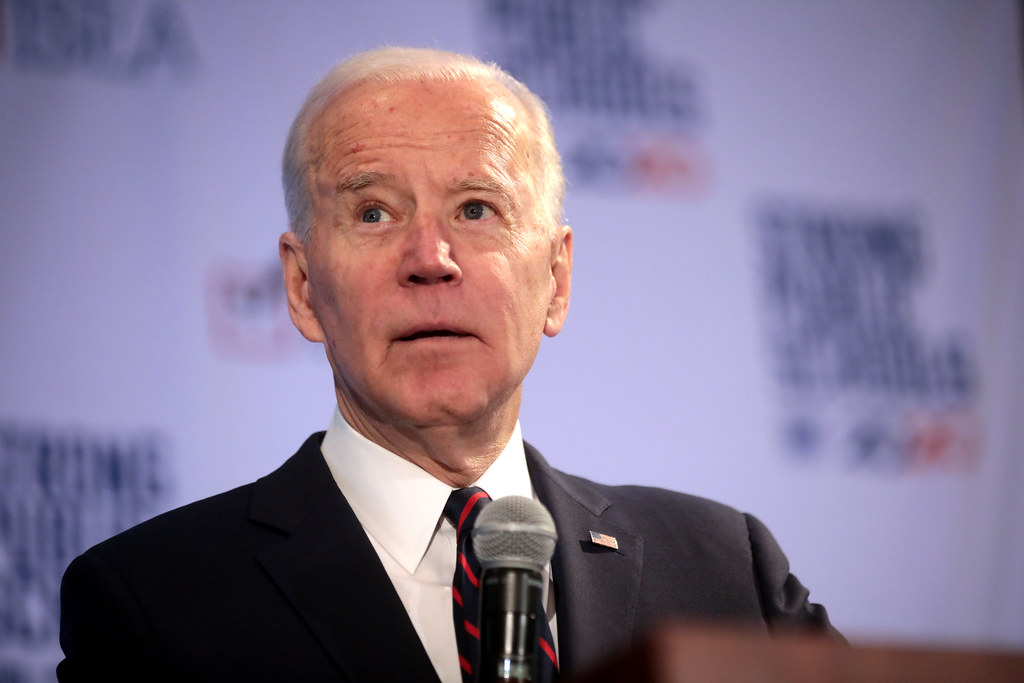President Joe Biden‘s decision to not seek reelection marked a poignant moment in U.S. politics, underpinned by a series of private reflections and public pressures that led to his withdrawal. This comprehensive examination delves into the intricate narrative of Biden’s final weeks in the presidential race, reflecting a period of intense deliberation influenced by party dynamics, personal introspection, and the evolving political landscape.
Prelude to Withdrawal
The journey to Biden’s announcement was neither sudden nor isolated from the broader Democratic concern regarding the 2024 Presidential election. It began with a series of discreet meetings and consultations among top Democratic leaders concerned about the political viability and future leadership of the party.
- Initial Concerns: Conversations among party leaders like Chuck Schumer, Nancy Pelosi, and former President Barack Obama highlighted growing apprehensions about Biden’s candidacy amidst challenging poll numbers and public perception issues.
- Critical Meetings: Schumer’s visit to Biden’s Delaware beach house became a decisive moment, where the culmination of party concerns was conveyed directly to Biden, emphasizing the potential long-term impacts on the party and the judiciary.
Internal Deliberations
Inside the White House, Biden faced a confluence of advice and perspectives from close advisors and family. The internal narrative was marked by a tension between the desire to continue the campaign and the realistic assessment of political dynamics.
- Advisory Discussions: In intimate gatherings with advisors and through conversations with Vice President Kamala Harris, Biden weighed the stark realities presented by his advisors against his personal commitment to public service and his presidential duties.
- The Decision Process: The decision-making process was introspective, with Biden considering not only the immediate political implications but also the historical and legacy aspects of his presidency and life in politics.
As Biden prepared to announce his decision, the political world braced for the impact, with various stakeholders positioning themselves for a post-Biden scenario.
- Party Reactions: Key figures within the Democratic Party began to publicly and privately support the notion of a new candidate, setting the stage for a potential Harris candidacy.
- Strategic Endorsements: Biden’s endorsement of Harris was seen not just as a passing of the torch, but as a strategic move to consolidate party unity and enhance the Democrats’ chances in the upcoming election against Donald Trump.
Biden’s exit from the presidential race was a moment of significant political recalibration. It underscored the complex interplay between personal capacity and public service, highlighting the often-understated human aspects of political leadership.
- Legacy Considerations: In his final days as a candidate, Biden was mindful of his political and personal legacy, balancing the immediate pressures with a longer view of history and his place within it.
- Future of the Democratic Party: The decision set the stage for a new chapter in Democratic politics, with potential implications for the party’s direction, policy priorities, and alignment with broader electoral bases.
| Factor | Description |
|---|---|
| Party Pressure | High-level discussions among Democrats expressing concern over electability |
| Personal Reflections | Biden’s own contemplation of his physical ability and desire to continue |
| Public Perception | Growing public and media speculation about fitness and age |
| Strategic Endorsements | Endorsements from key party figures and Biden’s own endorsement of Harris |
President Biden’s withdrawal represents a watershed moment in contemporary U.S. politics, encapsulating the challenges of leadership, the weight of decision-making, and the profound impact of personal and public service demands on political figures.










